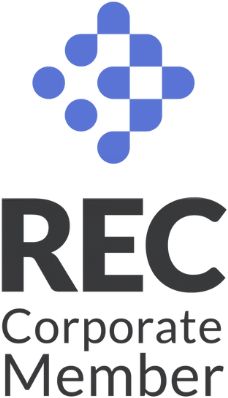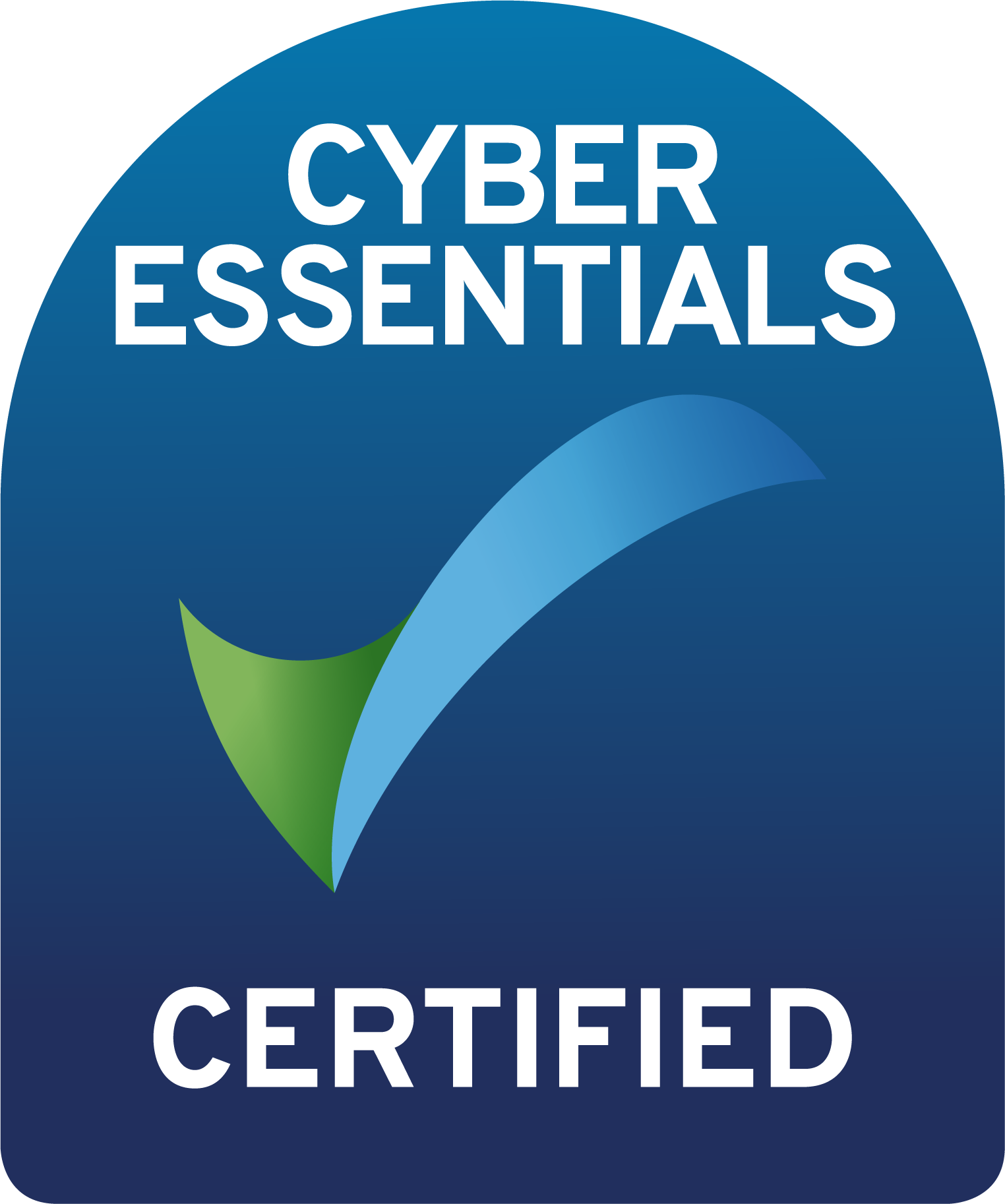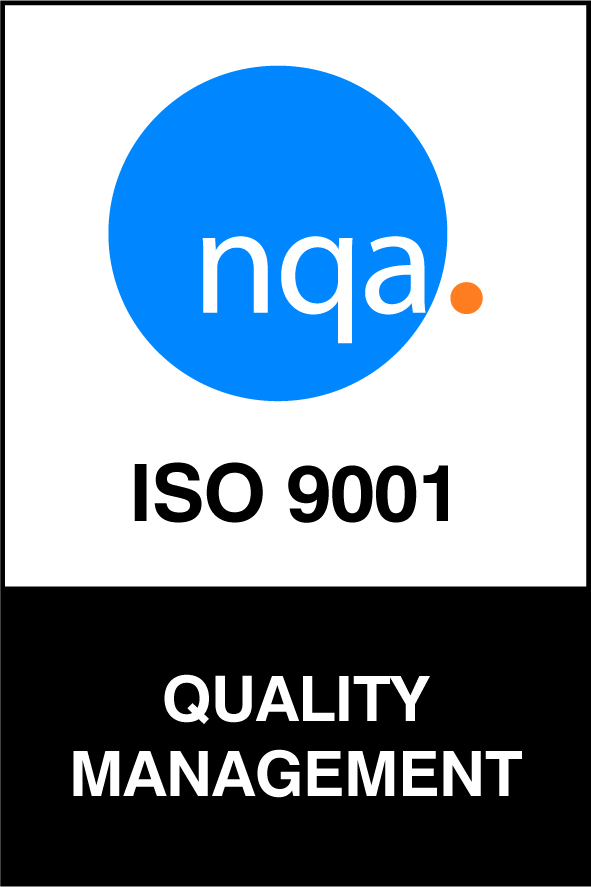This week, we present our ultimate list of Do's and Don'ts for Structural Engineering CVs as part of our 'CVs to Get You Hired' blog series. We've tasked top recruitment consultants Mike Tobin and Sam Smith with putting their heads together to depart some CV wisdom especially for all you structural engineers out there. Read on to find out how to create a CV that will stand you out from the crowd and impress employers.
 Mike Tobin
Mike Tobin
Civil/Structural Engineering Consultant at Calibre Search
Linkedin
mike.tobin@calibresearch.co.uk
 Sam Smith
Sam Smith
Senior Consultant at Calibre Search
Linkedin
DON'T: omit soft skills.
One of the biggest omissions we see on structural engineering CVs is of soft skills. Many of our candidates focus on technical expertise only, but if your next position requires strong commercial awareness, for example, make sure you mention this. You can't succeed in structural engineering without key soft skills such as being a strong communicator, which is important when dealing with other team members such as architects.
DO: match your CV to the job description.
If the job specification requires someone who has good experience in the structural design of high-rise residential projects then make sure it's on your CV and even better make sure that it is easy to find for the reader. To view our current structural engineering vacancies, have a look here.
DO: put projects on your CV that you can evidence at interview with your portfolio.
Include a list of example projects and mention the types of projects you are looking to work on. For example, do you like working on high rise commercial projects? If you would like to work on these in your next job include this on your CV. Include cost of the projects or budgets you were dealing with and also how many people you worked with, reported to, or had reporting to you. If you like, you could even include a key reflection for each position or project. This is a great way to demonstrate your ability to continuously improve to employers.
DON'T: forget to include any qualification details.
Examples of these could be any qualifications, training or memberships from organisations such as ICE or IStrucTE. Do you have any memberships? If so, state your level of membership - how far from Chartership are you? All of these details are interesting to employers.
DO: mention your familiarity with engineering codes or software.
Include, for example, proficiency using Eurocode, CSC Fastrak Building Designer, Robot Structural Software, Mapinfo Software or Autocad, where relevant. Anything to stand you out against a sea of structural engineering candidates equals a big tick on your CV.
DON'T: limit yourself to merely listing your recent duties in your work history.
Make sure you include achievements and noteworthy projects in a place that is easy to spot. Structural engineering employers are looking for evidence of what you have achieved and what makes you stand out so focus on your achievements throughout every section of your profile.
DO: include a personal profile.
Your personal profile should be a well written 'snapshot' of your career to date. Include in this your current role, the next steps you plan to take and how your previous experience makes you the right person for the job. It's worth investing time on this summary, because it could be your only chance to grab the employer's attention. Whether from agencies or employers, many recruiters won't necessarily use a CV management system that will display your covering letter - it's important, therefore, to say in your profile why you are applying for the role. If your specific objective is relocation, for example, but you don't mention this explicitly in your CV, you could be dismissed when they see your address is out of commuting range. Do note, however, that some engineering companies - especially those that are smaller - prefer a CV with a covering letter, so make sure you write one just to be safe.
DON'T: forget the basics.
Remember to include your name, contact details, and references. List your qualifications and employment history in reverse chronological order. These things might seem obvious but we have even seen some engineers' CVs without contact details.
DO: speak to one of Calibre's specialist consultants if you are still unsure or would like them to review your CV.
Please speak with our specialist Structural Engineering Consultants Mike Tobin on 0161 660 2360 or Sam Smith on 0113 234 6047 if you have any questions and our current vacancies can be found here.










